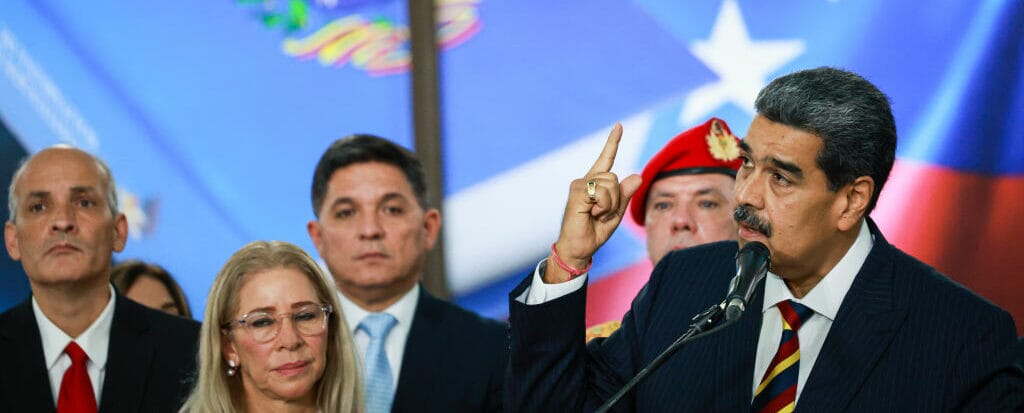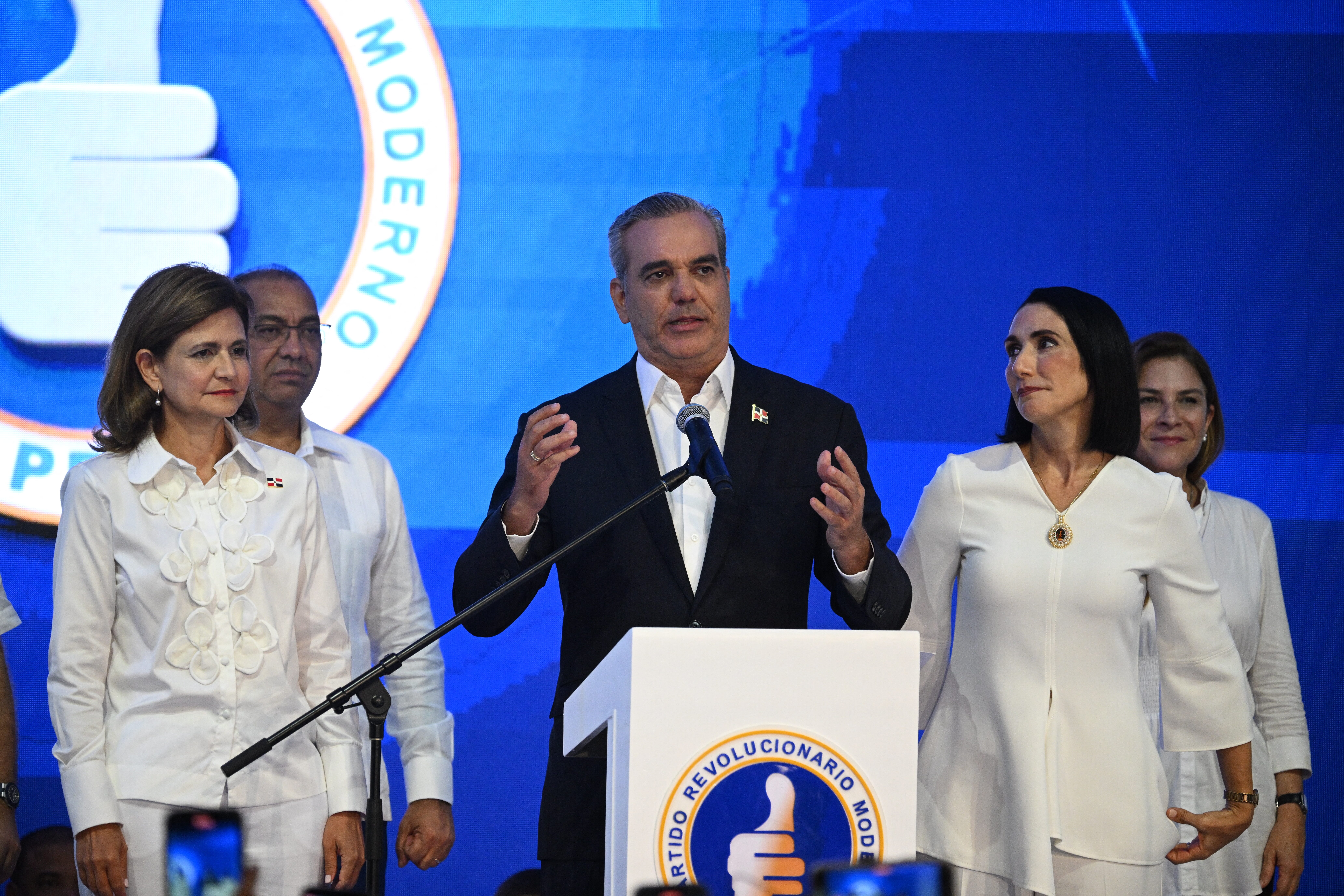News
Current situation in Venezuela: Post-election unrest and uncertainty

The aftermath of the Venezuelan election on July 28th has led to widespread unrest and doubts about the electoral process's fairness. The opposition claims to have evidence of election manipulation and demands access to vote totals for verification. This has led to mass protests and concerns about potential violent repression. The situation is rapidly evolving, highlighting the urgent need for multinational companies to closely monitor developments in the country.
Background on the election
On Sunday 28th July, the Venezuelan opposition claimed to possess 73% of the vote counts from across the country. Their data shows Edmundo Gonzalez received 6.3 million votes, while Nicolas Maduro received 2.8 million. The opposition alleges they won in every state, even in areas that historically favoured the ruling party. They argue that based on their data, it is statistically impossible for Maduro to have won the election. The National Electoral Council (CNE) declared Maduro the winner with a margin of 51-44, but the opposition has disputed this declaration.
Post-Election Scenarios
The Biden administration’s approach to Venezuela, including a softened sanctions regime, is coming under increased scrutiny. Sanctions policy is being reviewed in light of recent developments, emphasising the need for transparency in the electoral process and expressing concerns about the lack of it. Additionally, there is criticism of Kamala Harris’s immigration policy record. The outcome of the November 2024 US presidential election will impact the likelihood of tougher sanctions in Venezuela, the future energy policy and may lead to a surge in migration from Venezuelans fleeing the regime.
Potential impact on the energy sector
Similar to the trajectory of anti-bribery regulations, sanctions enforcement has evolved from underenforcement to a key priority for governments in addressing international crises and furthering national security interests. Thus, it is likely that the US will reimpose sanctions, which could potentially make it harder to oust Maduro.
The reimposition of tighter sanctions could pose immense risks for companies engaging with restricted Venezuelan entities, compelling them to navigate a complex web of regulatory compliance and strategic decision-making. The outcome of this decision will not only shape the trajectory of individual companies but also have broader implications across the energy landscape, influencing trade dynamics and energy security considerations. The potential for tougher sanctions on Venezuela’s oil, gas, and mineral sectors as a response to the post-election crisis highlights the need for firms operating in this sector to carefully assess the regulatory and political risks.
The likely scenario is that the U.S. will return to the sanctions imposed under the Trump administration, significantly restricting foreign investment in Venezuela’s energy sector and leading to declining production capacity and minimal Western foreign investment. Energy-focused firms should carefully assess the regulatory and political risks before engaging in business activities in Venezuela. Navigating the challenges posed by the sanctions and understanding the potential implications for the energy market in Venezuela will be essential for firms operating in this sector.
We explored the sanctions reimposition in May after the electoral process was first breached when the Venezuelan opposition had been prevented from registering its preferred candidate for the poll, María Corina Machado. The implications for businesses are covered in more detail.
Photo credit: Photo by Jesus Vargas/Getty Images
Newsletter signup

Intelligence delivered ingeniously
Helping key decision makers, make the right commercial decisions


